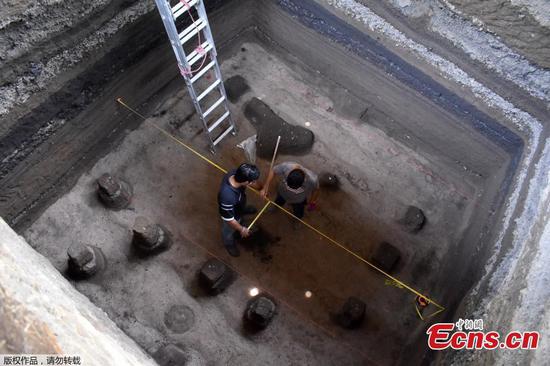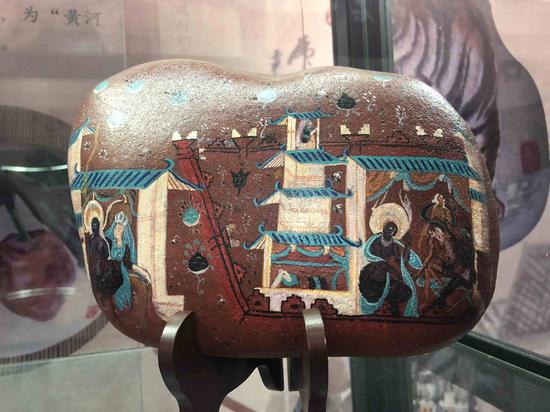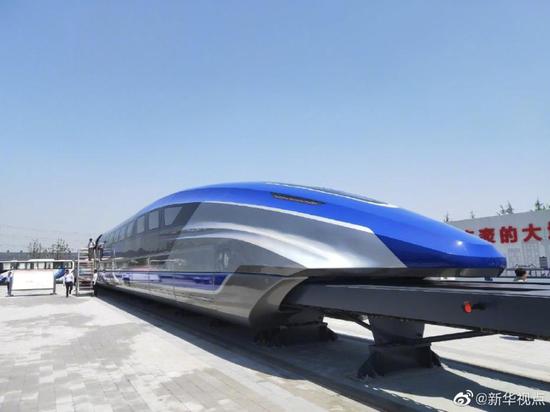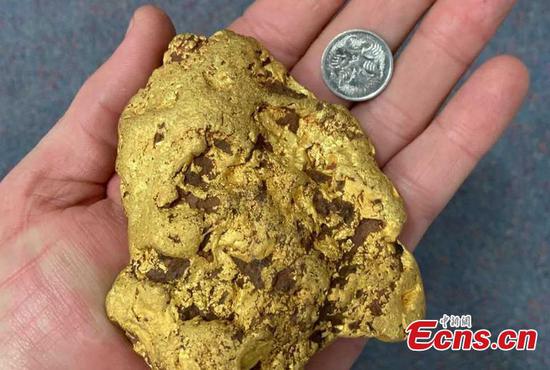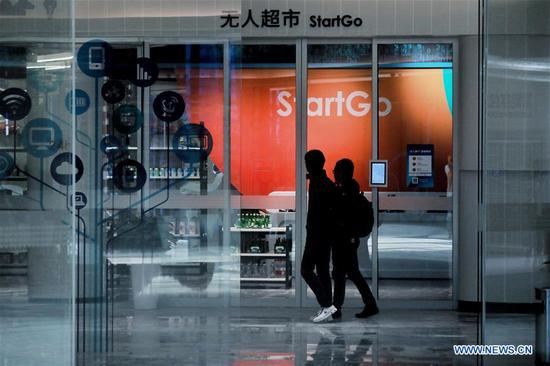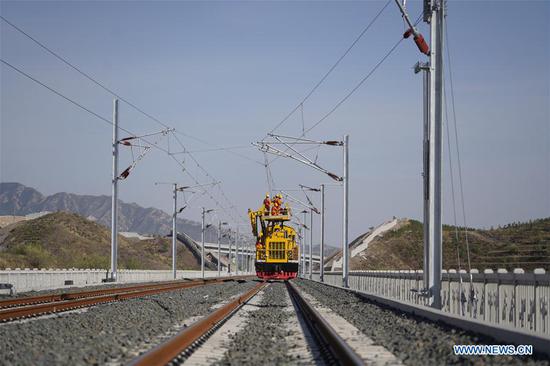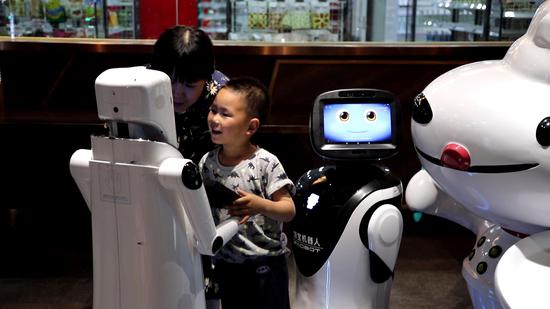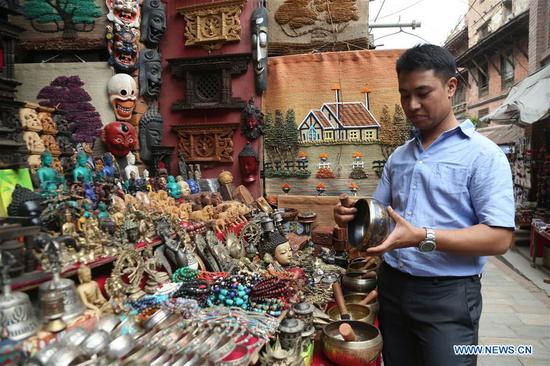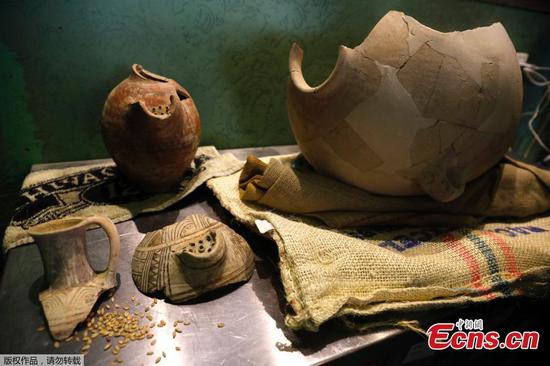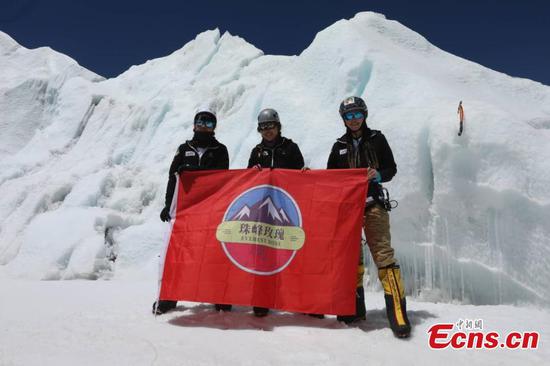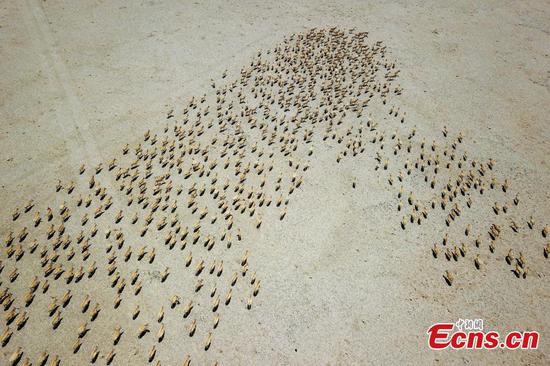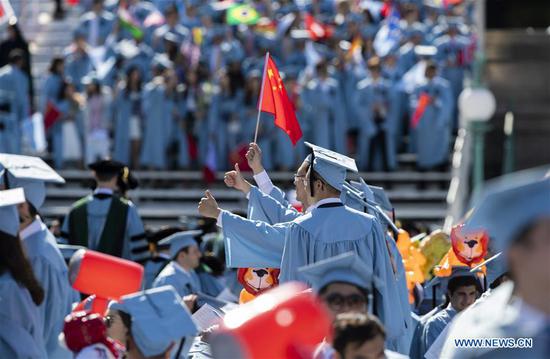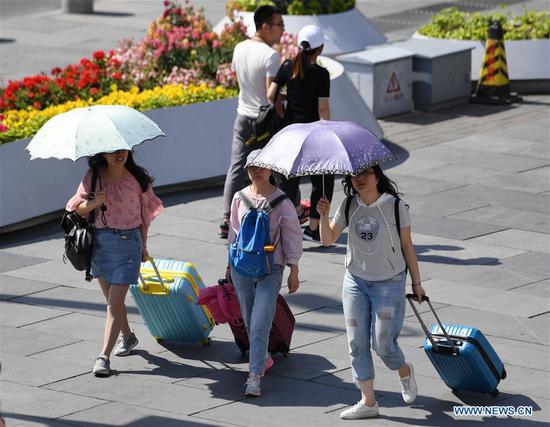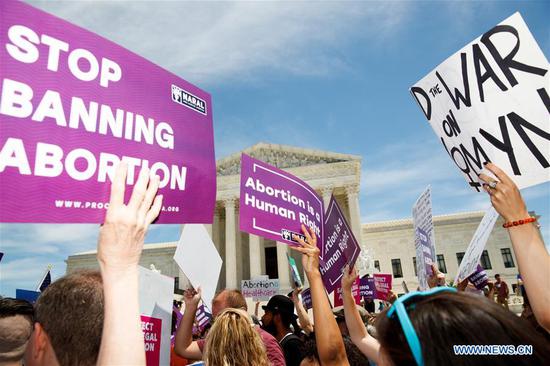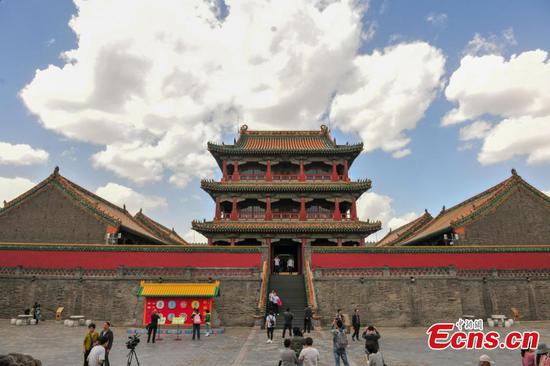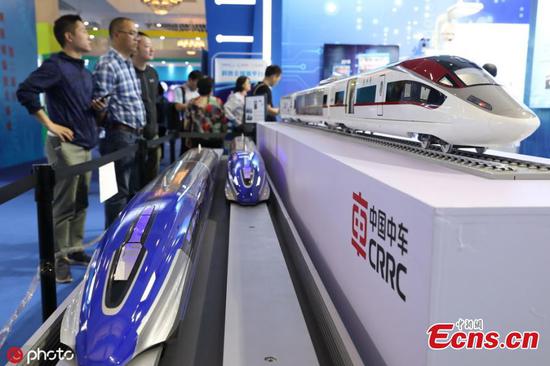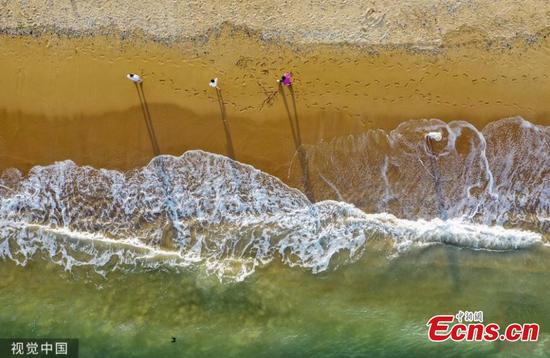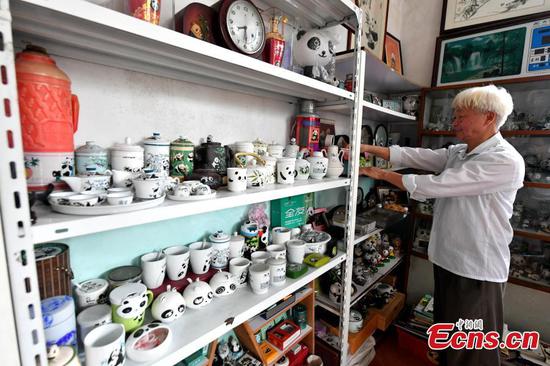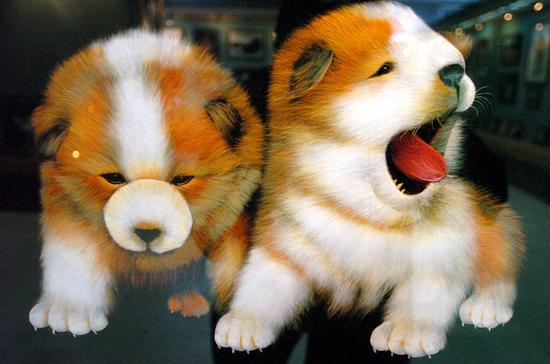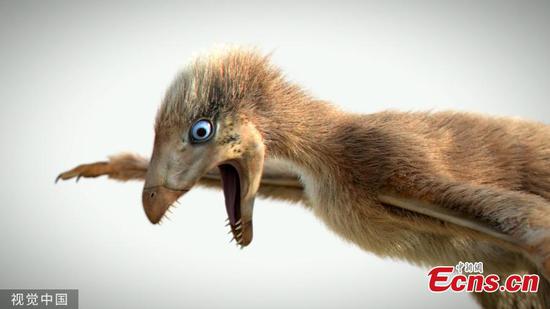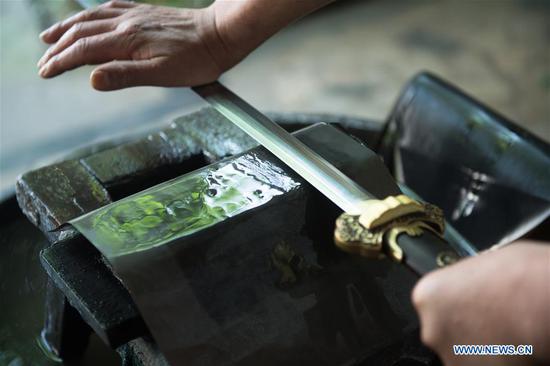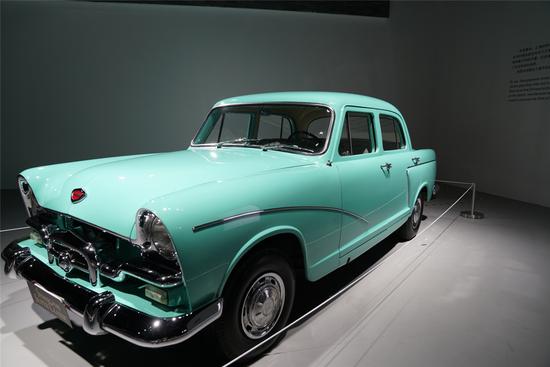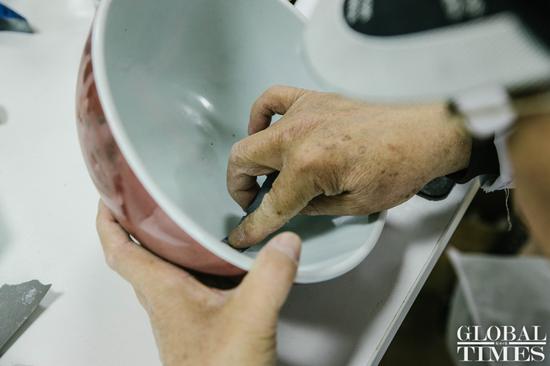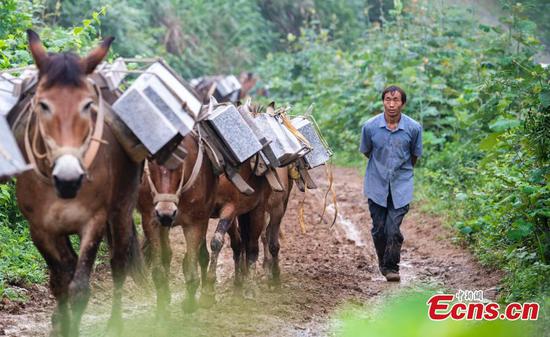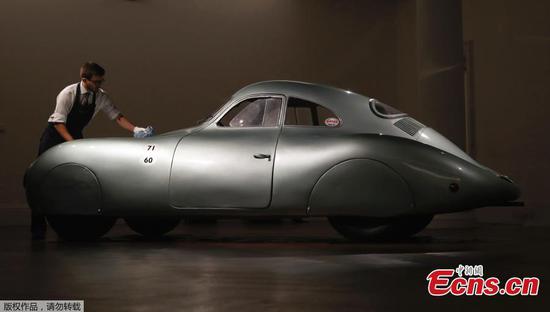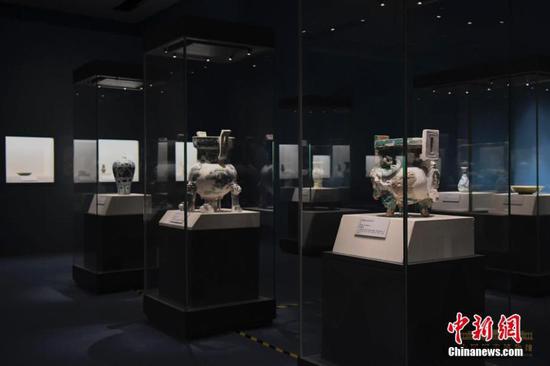Easing of restrictions doesn't mean much, founder of telecom company says
As Huawei Technologies Co faces arguably its biggest challenge in its 30-year-plus history, the company's 74-year-old founder Ren Zhengfei wants to show the world that Huawei is prepared for a worst-case scenario.
Instead of responding to the U.S.-led crackdown on Huawei with anger, Ren, who is also the CEO of Huawei, said he is still of firm belief that global cooperation is a must to take the telecom industry forward.
"Huawei is now like a plane, working hard to fly back (to our base) while fixing (the holes on) its body," Ren said during an interview on Tuesday. The plane Ren is referring to is an Ilyushin Il-2 aircraft, which kept flying despite being hit by antiaircraft shells and machine-gun fire and managed to make its way back home during the World War II. The image of the aircraft is featured in a poster of Huawei's internal portal. Its tagline reads: Heroes are forged, not born.
These words mirror how Huawei, the world's largest telecom equipment maker and second-largest smartphone vendor, is dealing with the U.S. government's ban which forbids it from buying U.S. technologies without special approval.
'We are well-prepared'
Though wings of "our plane" have been struck, the core part of the "aircraft" is based on self-developed components using world-leading technologies, Ren said. "We are well-prepared for such a scenario with a Plan B (for all high-end components)," he said.
In a two-and-half-hour interview with Chinese media, he said the U.S. government's decision to ease its ban on Huawei for 90 days "doesn't mean much", for the company has already made sound preparations for the restrictions.
"We can make the chips that we bought from U.S. companies, but it does not mean we will stop buying chips from them. Instead, we should grow together," Ren said.
"We don't want to do harm to friends," he said. "We want to help them achieve good balance sheets."
According to him, during the "peace period", half of the company's chips were from U.S. companies, while the remaining half was developed by itself. Currently, Huawei buys at least 50 million sets of chips every year from U.S. semiconductor giant Qualcomm Inc.
"If there is a supply shortage, we have a backup," said Ren, who founded Huawei in 1987. Huawei's chip-designing arm HiSilicon is now capable of designing processors for smartphones, servers, artificial intelligence products and others.
HiSilicon President He Tingbo said in an internal letter last week: "We have been developing backup products for years. Such efforts can ensure strategic safety of most of the company's products and continuous supply of most products."
When it comes to the operating system for smartphones, Huawei has developed its own version, which could hit the market as early as this autumn. Huawei's OS is expected to replace Google's Android operating system in its smartphones in case the U.S. tech company restricts its use on Huawei devices in compliance with the U.S. ban.
These moves are all part of Huawei's efforts to prepare for actions from the U.S. government, which accuses it of posing national security risk. The Shenzhen-based company repeatedly denied the accusation and said these charges were not supported by factual evidence.
Last week, U.S. President Donald Trump signed an executive order restricting U.S. telecom carriers from buying products from companies deemed as national security risks. Separately, the U.S. Commerce Department added Huawei and its 70 affiliates to an Entity List, which banned the company from buying parts and components from U.S. companies without prior government approval.
On Monday, the U.S. said it had temporarily eased restrictions and issued a 90-day license to allow Huawei to purchase U.S. technology in order to maintain existing networks and provide software updates for existing Huawei handsets.










